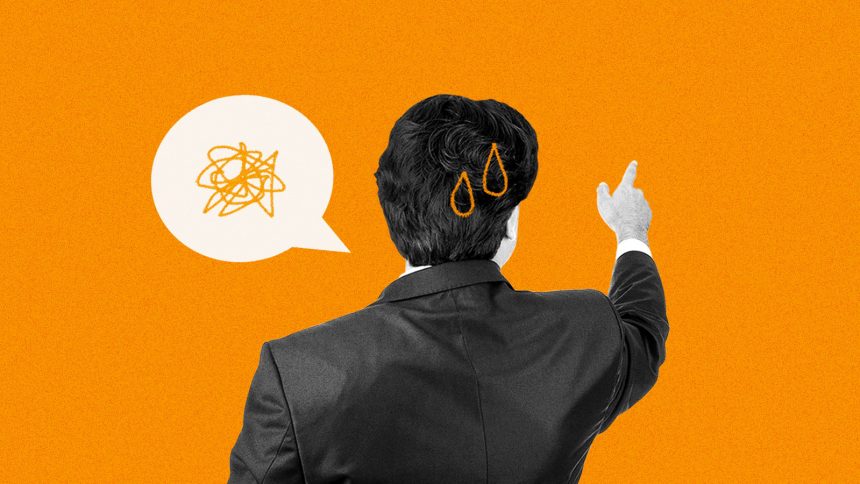Heat waves don’t just make you sweat — they can also impact your cognitive abilities. Research shows that hot weather can lead to lower math test scores, increased aggression, and now, it appears to influence the way people speak as well.
A study published in the journal iScience found that politicians tend to use simpler language in speeches when the temperature is 75-80 degrees Fahrenheit or hotter. This analysis was based on 7 million speeches across eight countries and revealed that cold days did not produce the same effect.
As the climate warms, understanding the effects of heat on cognitive abilities becomes increasingly important, according to Risto Conte Keivabu, a co-author of the study from the Max Planck Institute of Demographic Research in Germany.
The study showed that on days hotter than 81 degrees F, the simpler language used by politicians was equivalent to losing half a month of education. Older adults over 57 years old were found to be more sensitive to heat, with changes in their speech occurring in the range of 70-75 degrees F.
Research suggests that heat can lead to changes in speech patterns, potentially due to the impact of heat on mood. Hate speech has been observed to increase during extreme heat, both in the U.S. and on Chinese social media platforms.
While using simpler language is not necessarily negative, the study highlights that a shift towards less complex language could be an indication of cognitive decline. The quality of speech may be subtly influenced by environmental factors like heat and air pollution.
The study raises questions about how heat waves can affect decision-making and communication, particularly in the realm of politics. It suggests that even short exposures to heat can have cognitive effects, impacting language use and potentially impairing cognitive function.






